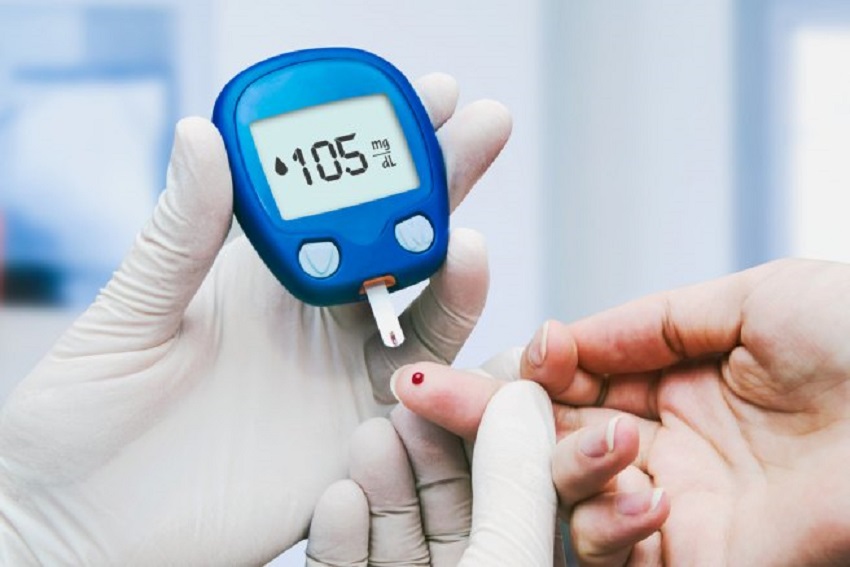Magnesium is a vital nutrient for that brain and the body. It will help regulate bloodstream sugar, among its benefits. Yet a magnesium deficiency is frequently observed in individuals with diabetes.

An insufficiency can happen with type 1 and diabetes type 2, but seems to become more prevalentTrusted Source with type 2. It is because lower levels of magnesium are connected with insulin resistance.
For those who have diabetes type 2, the body produces insulin, although not enough to suit your needs. This really is known as insulin resistance.
Individuals with insulin sensitivity or resistance lose excess magnesium within their urine, adding to reduce amounts of this nutrient.
Many people with your body also develop insulin resistance. This might place them in danger of a magnesium deficiency, too.
Going for a magnesium supplement, however, can improve your magnesium bloodstream level and improve diabetes control. For those who have pre-diabetes, supplementation might also improve bloodstream sugar and perhaps prevent diabetes type 2.
Do you know the kinds of magnesium, and which is much better if you are worried about diabetes?
The various magnesium include:
- magnesium glycinate
- magnesium oxide
- magnesium chloride
- magnesium sulfate
- magnesium carbonate
- magnesium taurate
- magnesium citrate
- magnesium lactate
- magnesium gluconate
- magnesium aspartate
- magnesium threonate
Magnesium supplements aren’t produced equal. Differing types be more effective for several ailments and also have different absorption rates. Particular kinds dissolve easier in liquid, permitting faster absorption in to the body.
Based on the National Institutes of Health (NIH), some research has discovered that magnesium aspartate, citrate, lactate, and chloride have better absorption rates, in comparison with magnesium oxide and sulfate.
However the NIH also reports that whenever individuals with poorly controlled diabetes received 1,000 milligrams (mg) of magnesium oxide each day in numerous studies, they demonstrated enhancements in glycemic control after thirty days.
Similarly, individuals who received 300 mg of magnesium chloride each day had enhancements in fasting glucose after 16 days. Yet individuals who received magnesium aspartate didn’t have improvement in glycemic control after three several weeks of supplementation.
Merely a couple of small numerous studies have evaluated the advantages of supplemental magnesium for diabetes. More research is required to determine with certainty the very best kind of magnesium for glucose control.
For those who have an insufficiency, speak to your physician to find out if supplementation fits your needs. Magnesium can be obtained orally like a capsule, liquid, or powder.
It is also injected in to the body, or applied topically and absorbed with the skin with oils and creams
